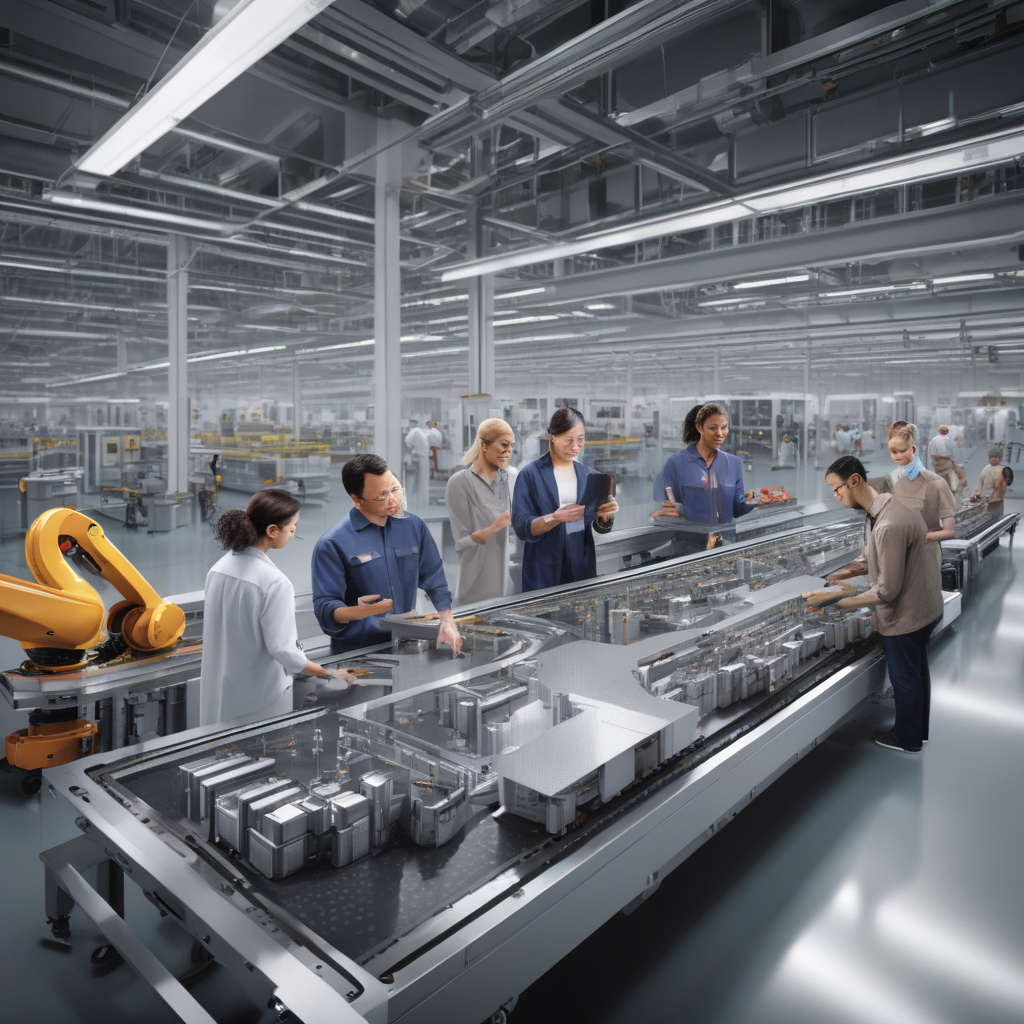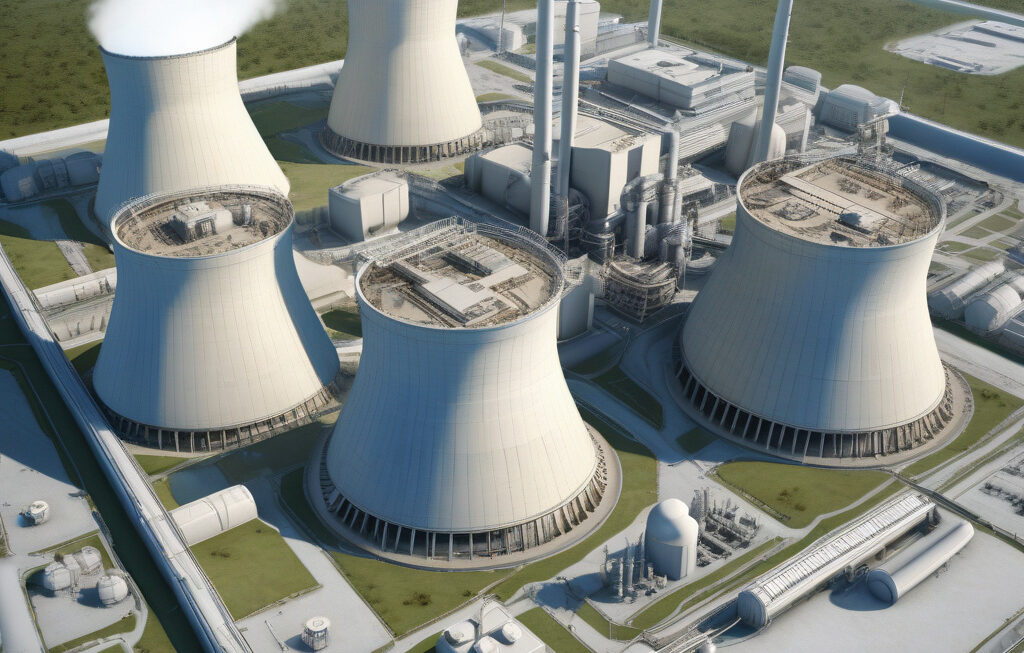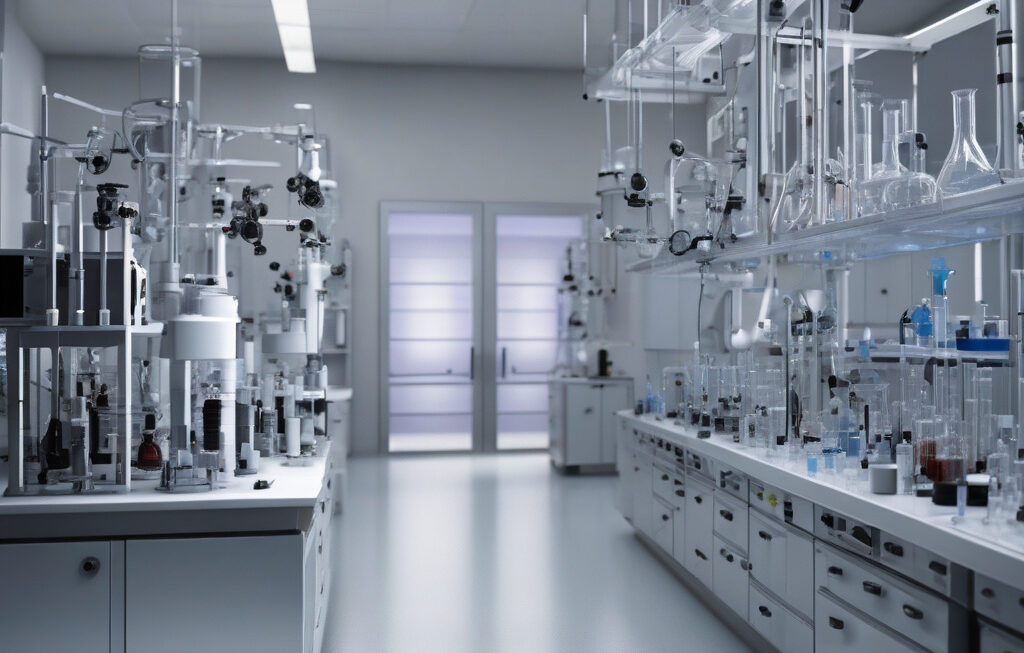AI-Enhanced Quality Assurance in Manufacturing: Revolutionizing Efficiency and Precision
In the realm of manufacturing, the quest for perfection is never-ending. Each product that rolls off the assembly line must meet stringent quality standards to ensure customer satisfaction and brand reputation. To achieve this, manufacturers are increasingly turning to AI-enhanced quality assurance systems to streamline processes, detect defects, and predict maintenance needs. But just how effective are these AI-powered solutions in transforming the manufacturing landscape?
AI-enhanced quality assurance represents a seismic shift in the traditional approach to quality control. By harnessing the power of artificial intelligence, manufacturers can now automate the inspection process with unprecedented speed and accuracy. Machine learning algorithms analyze vast amounts of data in real-time, flagging potential defects and deviations from specifications with remarkable precision. This not only reduces the risk of human error but also significantly accelerates the inspection process, allowing manufacturers to identify and rectify issues before they escalate.
One of the key advantages of AI-enhanced quality assurance is its ability to predict maintenance requirements before equipment failure occurs. By continuously monitoring machinery performance and analyzing data patterns, AI systems can forecast when maintenance is needed, thus preventing costly downtime and optimizing production efficiency. This proactive approach to maintenance not only extends the lifespan of equipment but also minimizes the risk of unexpected breakdowns, saving manufacturers both time and money in the long run.
Moreover, AI-enhanced quality assurance systems have the potential to revolutionize the concept of “zero-defect manufacturing.” By implementing AI-driven inspection technologies, manufacturers can detect even the smallest deviations in product quality that may escape the human eye. This level of precision not only ensures that every product meets the highest standards of quality but also enhances overall customer satisfaction and loyalty.
One real-world example of the transformative power of AI-enhanced quality assurance can be seen in the automotive industry. Leading car manufacturers such as Tesla have implemented AI-driven quality control systems to inspect every vehicle part with unparalleled accuracy. By using computer vision and machine learning algorithms, Tesla can identify defects in real-time, allowing for immediate intervention and correction. This not only ensures that each vehicle meets the company’s stringent quality standards but also enhances operational efficiency on the production line.
In conclusion, the effectiveness of AI-enhanced quality assurance in manufacturing cannot be overstated. By revolutionizing defect detection, automating processes, and predicting maintenance needs, AI-powered systems are reshaping the manufacturing landscape in profound ways. As more companies recognize the value of AI in ensuring product quality and operational efficiency, we can expect to see even greater advancements in this field in the years to come.
The post “How effective is AI-enhanced quality assurance in manufacturing?” appeared first on Innovation News Network.
AI, QualityAssurance, Manufacturing, Innovation, Efficiency












